How to buy the best laptop for your needs
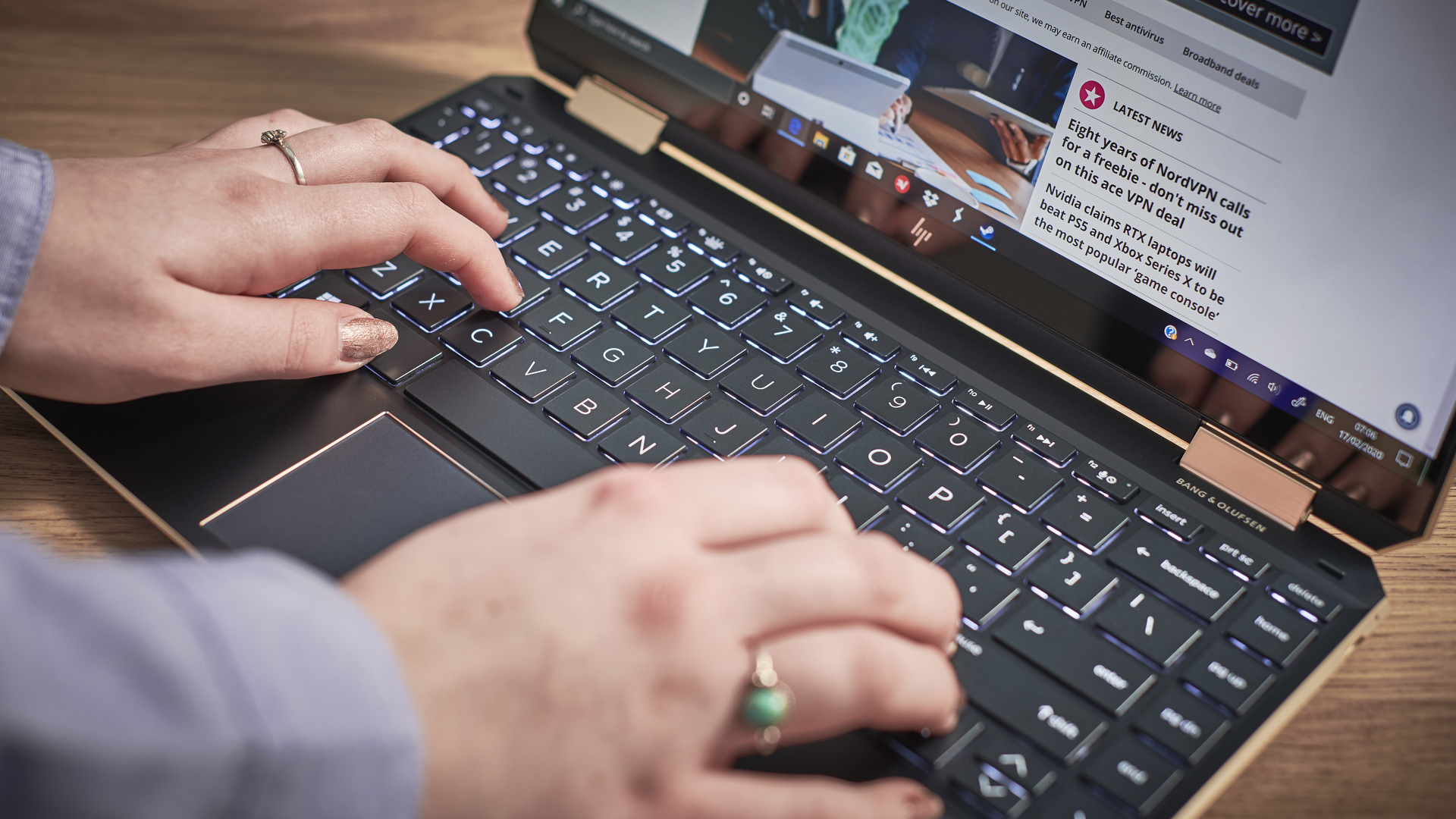
Buying a new laptop is a big – and important – investment for many people, and we're here to help.
The sheer amount of laptops on the market today can be overwhelming, so we'll show you how you can make sure you buy the right laptop for your needs and budget.
We'll break down a number of use cases to see which category you fit into in terms of your needs, while offering specific advice as to what hardware and features you might want.
This should mean you'll get a much clearer idea of what kind of laptop you’ll be best off buying.
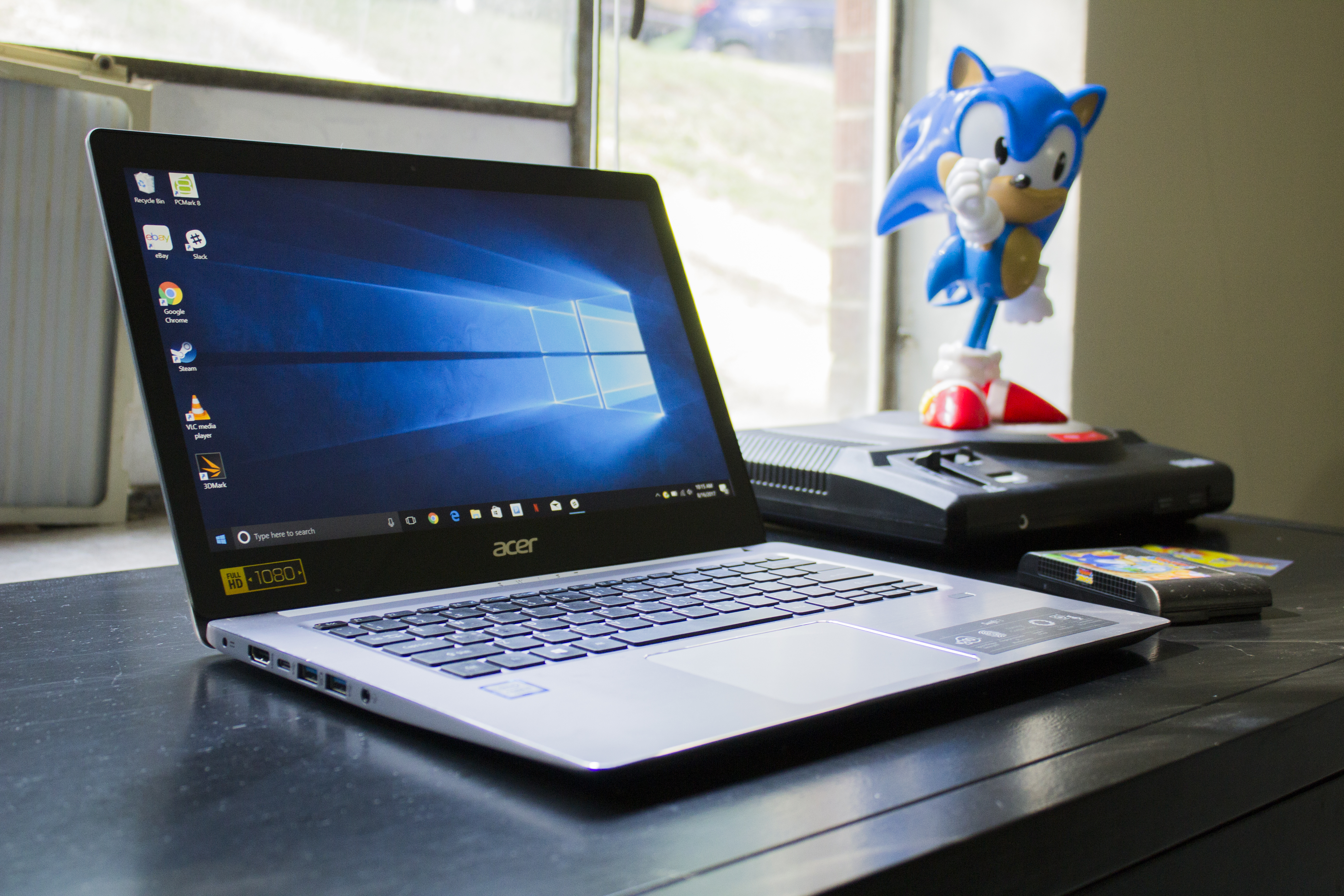
Laptops for day-to-day computing
Let’s begin with the category that the majority of laptop owners fit into, and that’s those who want a notebook for just day-to-day tasks. By that we mean web browsing, emailing, maybe a bit of light document editing – in short, nothing remotely demanding.
For this, most laptops out there will suffice, and what you mainly want to bear in mind is not to overspend, more than anything. If you want a basic workhorse of a laptop, you don’t need a cutting-edge processor or graphics card.
In other words, you can look to spend frugally – but that said, don’t buy the absolute cheapest laptop you can find. There are a few basic specs that you should make sure are fulfilled so everyday performance runs smoothly enough when you’ve got a few apps going (such as a web browser and photo editor).
Arguably, the most important part of the laptop is the part you can't see – the processor. This acts as the beating heart, and brains, of the laptop and determines not just how fast the device is, but also how thin and light it is, and how long the battery lasts.
A huge majority of modern laptops will come with a multi-core Intel® processor, and that's great news for consumers, as that means they can easily handle multiple apps open at once. So, you could be streaming music, browsing the web and typing up a document all at once.
Laptop processors aren't just powerful, these days there are more power efficient as well. This has big benefits when it comes to battery life, as a more efficient processor means it doesn't drain the battery life as quickly. They also produce less heat, which helps keep modern laptop designs – even budget ones – thin and light.
When buying a laptop for day-to-day use, it's also worth getting a laptop with a 1080p resolution screen if your budget allows. You'll likely be staring at this display for quite a while, and this resolution makes it much more comfortable to view.
Make sure you get 4GB of system memory (also known as RAM) – 8GB is ideal really, these days, but 4GB will suffice for basic tasks. You also want an amount of storage that isn’t too small, but at the same time, remember that the bigger SSDs (solid-state drives) which are in most laptops these days can bump up the cost. However, if at all possible, you preferably want to get a drive with at least 128GB of capacity (though you might just be able to make do with 64GB, in a pinch on a tighter budget).
Most laptops run Windows 10, but you don’t have to buy a Microsoft-powered laptop. For those looking for the most wallet-friendly budget laptops, a Chromebook is a good choice. These use Google’s lightweight Chrome OS, which runs much more nimbly on lesser hardware. However, the compromise is that you won’t have access to the same software ecosystem that Windows boasts.
Don’t get us wrong: Chrome OS still bristles with plenty of apps, but it doesn’t have the same depth as the vast library of Windows software, and you may not be able to run some of the more popular apps that you’ve heard of.
But, for those seeking out a truly budget-conscious workhorse laptop, a Chromebook is a sound move.

Thin, light and portable laptops
If you’re out and about a lot with your device, maybe your primary consideration for a laptop is that it’s truly portable, and has a good battery life so it won’t fail you by powering down when you’re in the middle of something important.
In that case, you could look at buying one of the best Ultrabooks, which are incredibly thin-and-light machines. They include products which aren’t only svelte and lightweight, but don’t compromise on battery life either, delivering good performance levels for more demanding computing tasks, and boasting some premium features (plus they look great too).
These kind of laptops can be pricey, though, but if you don’t want to fork out too much, there are also some more competitive thin-and-light options out there. For example, Acer’s Swift 3 is a great lightweight laptop option without breaking the bank. For portability, ideally you’re looking for something thinner than 20mm (preferably towards 15mm) and weighing around 1.2kg or less, although you may want to compromise slightly on those points depending on budget constraints (really thin-and-light tends to also be really expensive).
As we mentioned earlier, advancements in processor technology has helped keep laptops impressively svelte, so look for modern processors when buying a new laptop.
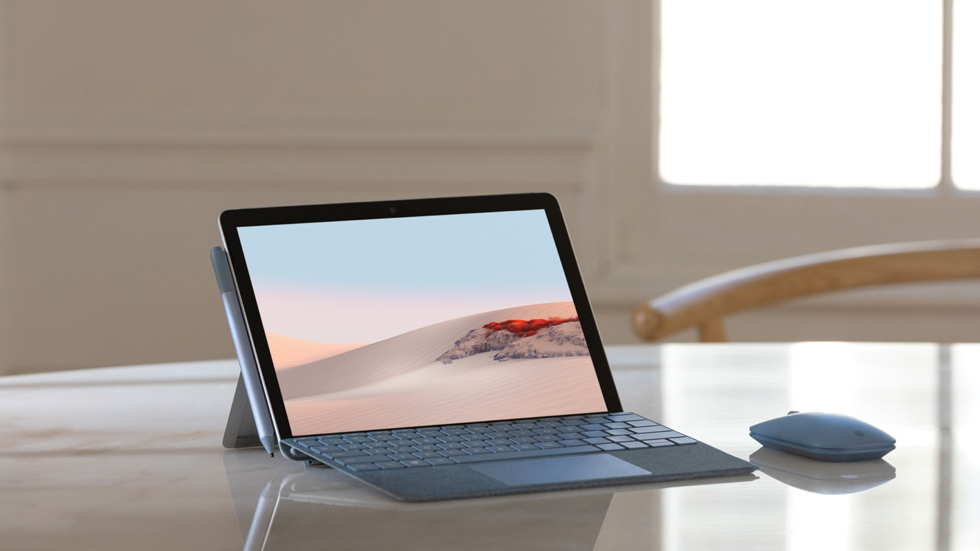
Flexible 2-in-1 laptops
2-in-1 laptops (also known as convertibles or hybrids) have become increasingly popular over the years.
As the name suggests, these products give you two devices in one, meaning you get a laptop that also transforms into a tablet. It can achieve that transformation by folding back the keyboard 360-degrees so it’s flat against the screen – effectively making a thick tablet – or by having a detachable keyboard which simply comes off (as with Microsoft’s Surface Pro hybrid, for example).
There are pros and cons to both approaches, but the main benefit with 2-in-1s is that you’re getting a pair of devices for a single outlay, and the ability to have a laptop, as well as a tablet, for when you want to kick back on the sofa with something much more manageable to handle.
Flexibility is the name of the game, then, but as ever, there’s a trade-off – namely that the performance level you get will be less than a traditional laptop pitched at the same price.
So, bear in mind that you’ll need to spend a bit more to get something with more oomph in the power department in relative terms. Also, consider the tablet section carefully if you’re going for a detachable – preferably it should be light (the Surface Go 2 weighs just 550g, for example), and have a decent enough screen size (how big depends on personal preference, and striking a balance between portability and having enough display real-estate).
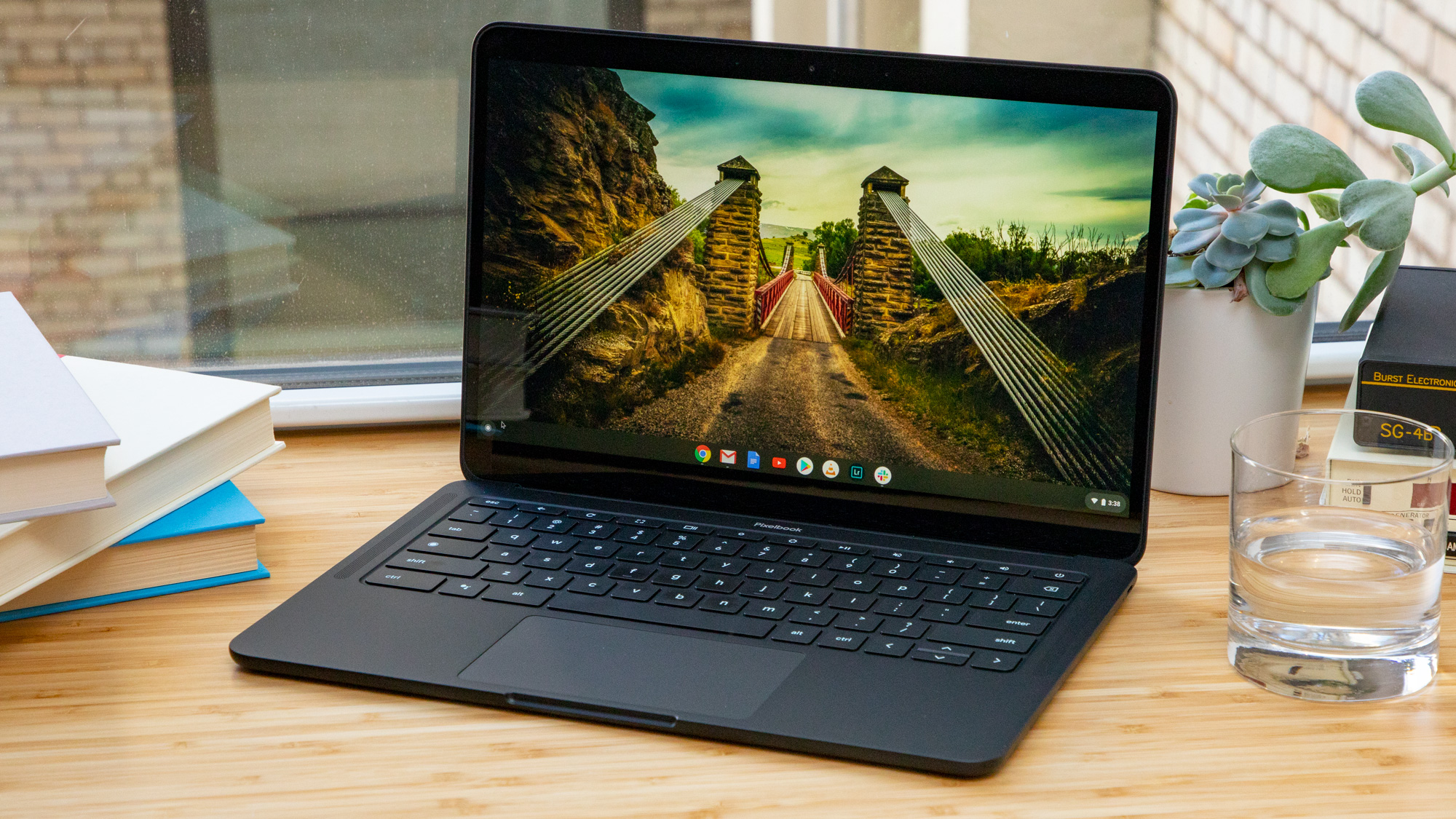
Student laptops
Students will likely be well-served by a general-purpose notebook capable of basic computing as we discussed earlier.
The only other consideration, particularly for younger pupils at school, is to buy a tougher, more rugged laptop that will take the knocks it’s likely to get in the classroom (and the inevitable drink spills for that matter).
College or university students may want a more sophisticated portable, or a more powerful one, and going into those precise needs – depending on exactly what you’re studying .

Gaming laptops
There are two different types of gamers: casual and serious. Those who just want to play casual games will be fine with a mid-range laptop, or perhaps even a fairly basic spec.
Integrated graphics – in other words, graphics solutions built right into the processor which are cost-effective and convenient – have come a long way these days, and on newer processors they are powerful enough to run games like Fortnite well enough.
More serious gamers, though, will be looking for a discrete (separate) graphics card which is more powerful, preferably an Nvidia RTX 2060 model or faster. This is the most vital component in your mobile gaming armory, but a high-performance processor is also important.
Furthermore, preferably get 16GB of system RAM (while 8GB will still do for gaming, it’s not looking very future-proof anymore).
One of the most important things to get right with a gaming laptop or PC is balance. That means as well as a powerful graphics card, you'll need a processor that can keep up as well, such as an Intel® Core™ i7 processor.
It’s also worth looking at a larger-sized gaming laptop (17-inch, or more) so you get a bigger, more immersive, screen – and a larger keyboard as well. These laptops can be big and heavy, though, so if you want to do some gaming on the go, we suggest sticking with a 15-inch gaming laptop.
If you want your games to look great, these powerful gaming laptops can sometimes be equipped with 4K screens that deliver gorgeous visuals (just like 4K TVs do, of course). However, if you prefer to prioritize a smooth and fluid gaming experience, with no stuttering or slowdown in the frame-rate, it’s best to go with a 1080p display.
Powerful top-end gaming laptops, incidentally, will also be able to easily chew through more demanding tasks like running heavyweight apps, video editing, serious multitasking and so forth. So they can technically fit into our next category, as well…
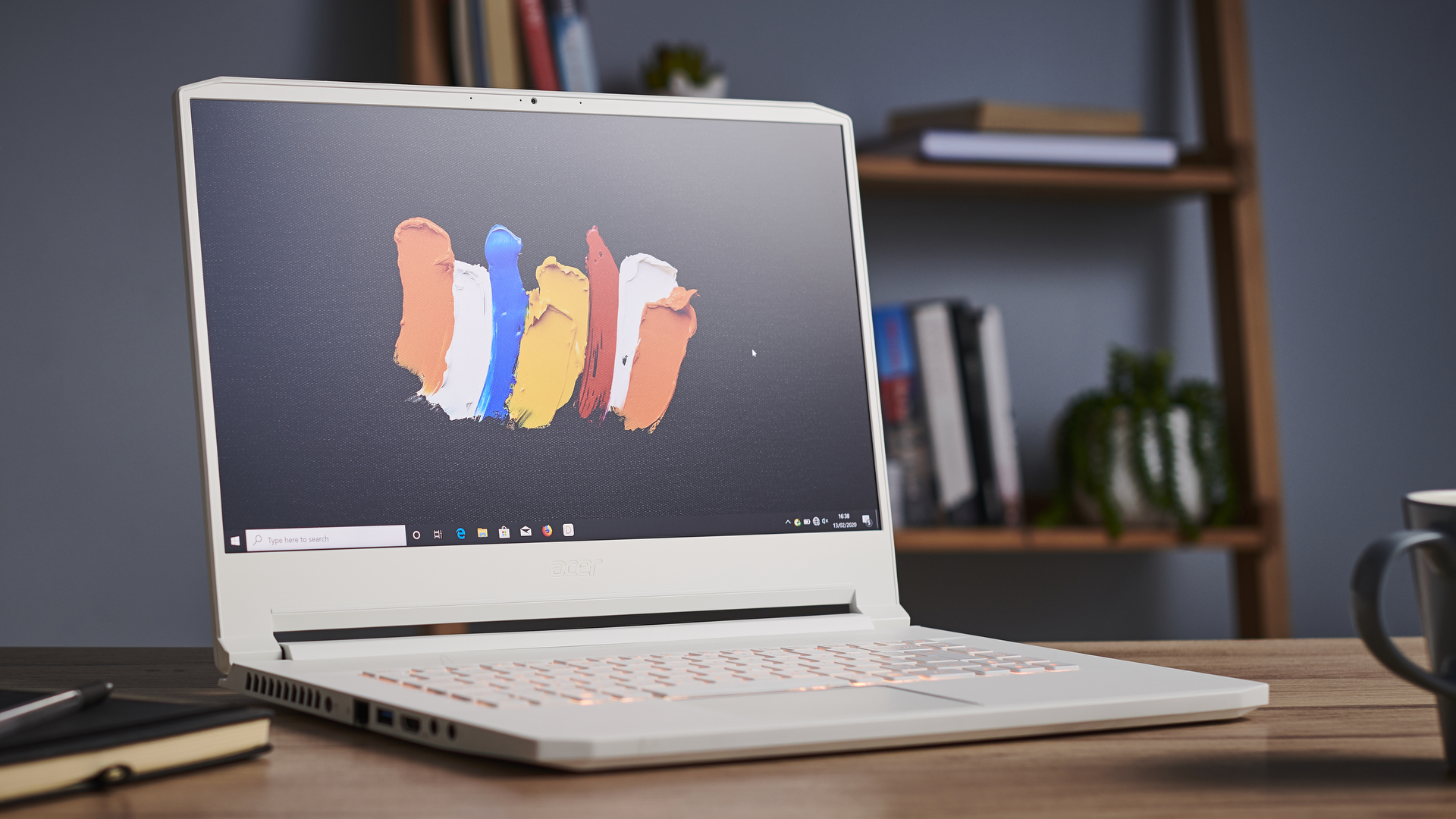
Powerful laptops for professionals
These are laptops at the opposite end of the spectrum to the basic or entry-level models. Essentially, you’ll be looking to spend a lot of money on something with a cutting-edge processor like a 10th Gen Intel® Core™ CPU, plenty of system memory (16GB), a large and fast SSD, and perhaps a powerful graphics card depending on your exact use case (maybe a 4K screen, too).
There will be a lot of variables here, depending on exactly what you’re intending to use the laptop for, but fortunately we’ve got a good number of buying guides imparting advice in this area. For example, the best laptops for writers focuses on models that have a great keyboard for one thing, because authors will obviously be doing a lot of typing.
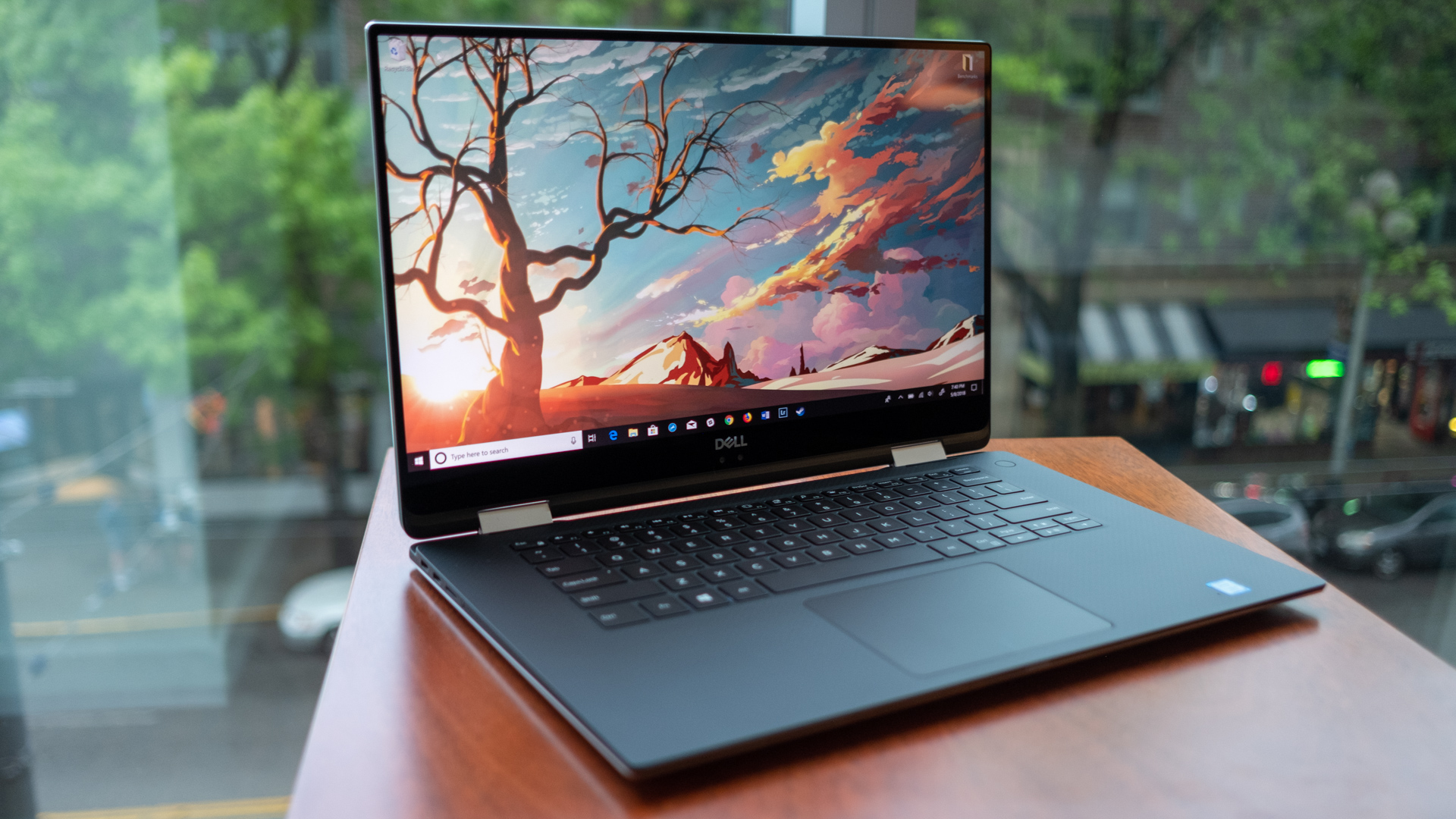
The real trick, then, to buying the best laptop for your needs is to figure out not just want you want to do with the laptop, but your priorities and budget as well – using the knowledge we’ve armed you with to make an informed choice on which trade-offs to make. Happy notebook hunting!
Sign up for breaking news, reviews, opinion, top tech deals, and more.